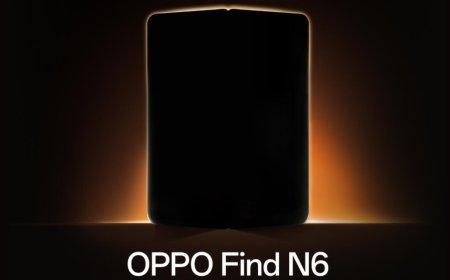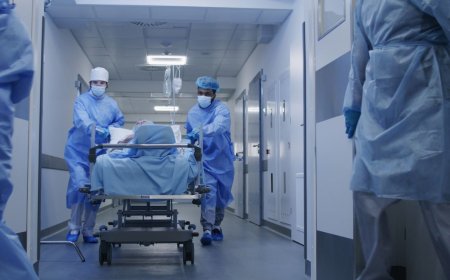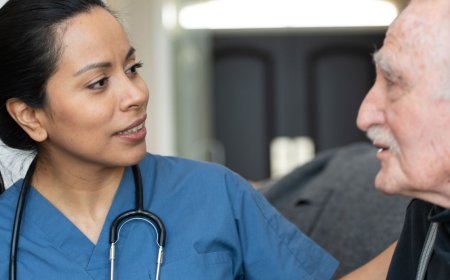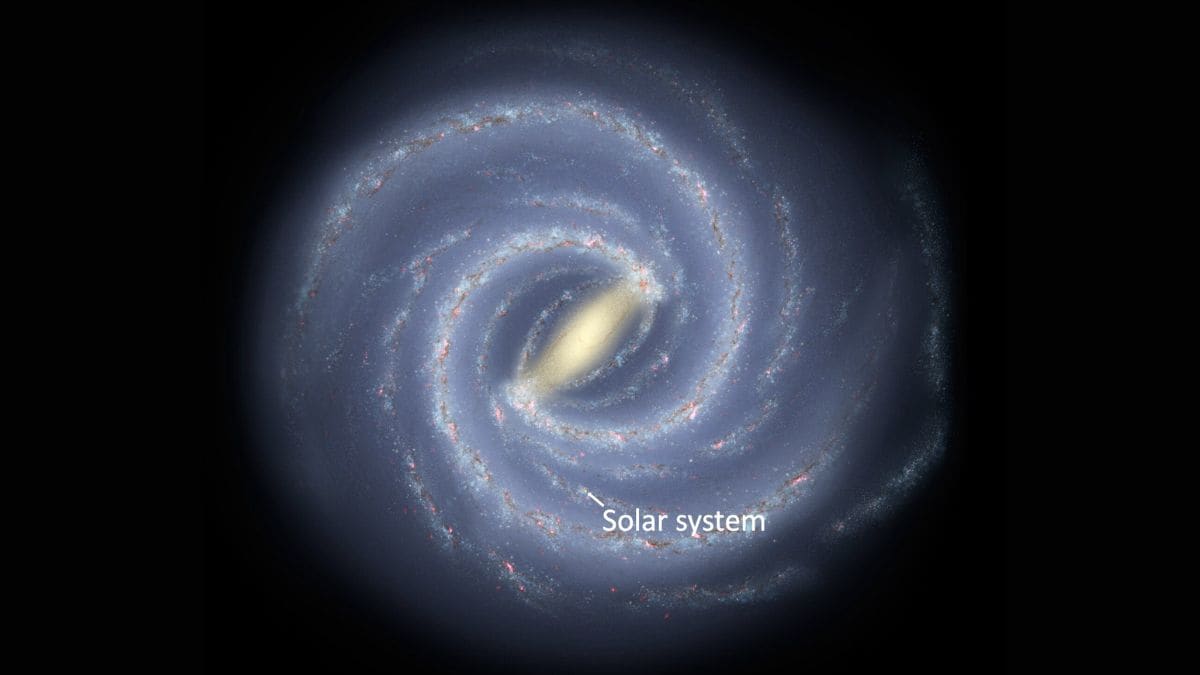Building Sustainable Communities through Food Climate Action: Our Shared Plate

As part of international #GeoWeek 2024, this blog highlights community-engaged research and mapping @MaynoothGeog @MU_Research.
On Sunday afternoon, the 21st of April, a new neighbourhood-based food climate action project called ‘Our Shared Plate’ ran their first community engagement event in the Castle Dawson Estate in Maynooth, County Kildare (Figure 1). Our Shared Plate (OSP) is a project of the community development charity organisation, Neighbourhood Network (NN), that recently received a grant from Pobal to support this pilot food security and climate resilience initiative. In the past year, residents from nine neighbourhoods in Counties Kildare, Laois and Longford began working with OSP and local county Climate, Biodiversity, and Health officers to create and realise various projects that support communities growing, cooking, eating and sharing food together locally. Staff and students from Maynooth University Department of Geography are supporting research about the OSP project and for participating residents and counties.

This blog briefly introduces the Neighbourhood Network’s Our Shared Plate project and then describes the first OSP community event at the Castle Dawson estate in Maynooth. We focus on Maynooth Geography’s community-engaged research with OSP and local residents. Future blogs will provide an overview of what resulted from the series of community workshops over the two years, as well as research findings.
Maynooth Geographers and Publicly-Engaged Food Climate Action Research with Our Shared Plate
The larger vision of Neighbourhood Network in Ireland is for ‘everyone to have the opportunity to be connected in a neighbourhood group and feel included and at home in their communities’. One way to build place-based community connections is by sharing food, and NN developed what has become a national annual event known as ’Street Feast’. Now in its fourteenth year, people from all over Ireland come together and set aside a street in the neighbourhood for pedestrian and food sharing activities. On that day, people come together share food and stories, watch over children as they play, and create convivial spaces for people to get to know each other, which reduces feelings of loneliness. It has become so successful, that local authorities now help communities to organise, advertise, and fund a Street Feast, including with DIY packages and other support.
Following from this success, NN successfully applied for funding from Pobal to support their new initiative, Our Shared Plate, which will run until September 2025. To develop the grant, NN received support from local officers in Kildare, Laois and Longford counties and staff from the Maynooth Geography Department were invited to participate as the supporting researchers. After the grant was awarded, OSP was created as a community-led food climate action project, and the new project manager, Michelle Darmody, with the OSP Community Liaison, Deirdre Phelan, worked with local authorities to identify and recruit the participating nine estates and community organisations. After this, numerous meetings were held and community events and workshops planned with the participating residents.
As described in the next section, beginning last semester, at the initial community events, MA Spatial Justice and undergraduate students began conducting qualitative research based upon residents’ local expert knowledge and online sources about existing food access, and food and green initiatives at the neighbourhood and regional scales, and piloting baseline research about existing food practices to consider changes next year in practices by participating volunteer households. For this event, participating student researchers included: undergraduate Geography and Maynooth Summer Programme for Undergraduate Research (SPUR) students: Juliette Byrne, Ciarán Dowling, and Fiona Mills; MA Spatial Justice students: Elina Musa and Polina Volkova; and staff members Professors Gerry Kearns and Karen Till. Undergraduate SPUR student researcher Katie Kinsella and MA Spatial Justice Tristan Dunne also contributed to analysing research results.
Castle Dawson’s Street Feast
The first Our Shared Plate neighbourhood event, which was co-organised with the Castle Dawson Resident’s Association, was a community Street Feast. We set up in the green to the right of the entrance of the estate, a little used space with a small meadow identified by estate residents as a green space they wanted to use for the project. Two long tables were set up and were soon laden with home-cooked food and baked goods (Figure 2).

Another smaller table was set up inviting younger residents to draw pictures of food initiatives they would like to see in their neighbourood (Figure 3) next to an area set aside for children’s games.

Residents also provided feedback on possible projects through postcards and posters (Figures 4 and 5), and a marquee with another table featured a community map and Geography researchers (Figures 6 and 7), which we discuss below. There was also a composting workshop about midway during the event, with household compost bins to share. The weather was excellent, which added to the success of the day and the high turnout, and encouraged residents to relax, and share stories and food together.


Community Mapping
As part of the module ‘GY619: Public Engagement and Spatial Justice’, taught by Professor Karen Till, students from the MA in Spatial Justice, MA in Geography, MA in Anthropology and MSc in Environmental Psychology worked on creating open-source and easy to use food audit maps for the participating nine OSP neighbourhoods. The Maynooth map in Figure 6 was created by MA Spatial Justice student Elina Musa and shows what food sources and options were available to Castle Dawson residents within a 15 minute-walking and -driving radius, using online data.

At the Castle Dawson Street Feast event, a version of the map was printed and the team ran a community mapping activity. Residents were asked to contribute to and update the Maynooth food audit map by marking in where they did their grocery shopping (mostly Dunnes) and where else they shopped for food (Figure 7). They also provided feedback about local food alternatives and shared stories about the challenges they faced in gaining access to locally available and healthy food sources.

An analysis of residents’ feedback from the mapping event indicated that access to food mainly takes place in the town of the Maynooth, where there is a good selection of supermarkets as well as fresh produce. After talking to the residents an interesting finding was in relation to the distance between the estate and these food stores. There is only one shop within a 15-minute walk, which is a small Spar people use to buy milk. Otherwise, people have to drive. So while in theory people had access, they indicated that shopping could be stressful because of the need for a car or access to private transportation, especially due to traffic problems and parking in the town.
Perhaps the most interesting information shared by local residents was in relation to local sustainable initiatives, including places to get locally grown fresh fruit and vegetables. Some examples are included in Table 1 below. All of these were not indicated on Google Maps, confirming the dominance of capitalist food systems and the importance of local projects, and field research about place-based climate action projects.
Fresh Food Options Maynooth Organics This is an organic market garden located in Mariaville on Moyglare Road. They offer freshly pickled seasonal vegetables and salads, and customers can pre-order a basket of produce for a set price, operating during the summer periods. The Polytunnels that were set up before the COVID-19 pandemic garnered interest from the American students studying in Maynooth University, which can be an interesting initiative for international students to try out freshly grown Irish-grown foods. Masterson’s Fruit and Veg Located opposite Tesco. Small shop with fresh fruit and vegetables. One resident expressed a desire for a similar shop closer to the estate due to travel distance and traffic related issues. Dunne’s Eggs This is a local producer in eggs Farmers and Food Market Maynooth Every Saturday, located on the main street of Maynooth by Brady’s. Offers organic eggs (from Dunne’s Eggs) and limited supply of organic foods. There are also some food stands. Rathcoffey Zero Waster Community Garden Located in Rathcoffey. Graze Dairy Located in Prosperous Town, this dairy offers unpasteurized milk and flavoured milk in reusable, returnable glass bottles, along with organic eggs. This source was identified by one resident only, perhaps because Prosperous is in the opposite direction to all other food sources. Castletown Farmers Market Located outside of Celbridge. Maynooth University Community Garden Located on the north campus of Maynooth University, the garden is used by both university staff and select students. A resident of Castle Dawson noted their access to the locally grown food there. Tommy’s Butchers in Centra Maynooth Located near the Greenfield shopping centre in Maynooth Park, the shop offers quality meats for customers. It was noted that getting there can be difficult due to traffic.
Suggestions from the Neighbourhood
As this was the first OSP event, the community had a lot of different ideas for future events and possible projects around growing, sharing and eating food together. Our Shared Plate set up a posterboard where residents could use stickers to vote for different ideas (Figure 8).

From the posterboard, the most popular idea was planting fruit trees, followed by planting edible hedges sand a zero-waste cooking workshop. Residents seemed happiest with the idea of lower maintenance projects for the green, including projects that might interest teens and children, such as a shared herb garden and a Bug Hotel.
We also got several suggestions from the community, both in conversation and from their responses to OSP postcard questions, which are listed in Table 2.
Table 2. Castle Dawson Community suggestions for Our Shared Plate workshops and activities. Source: Conversations with residents and residents’ responses to OSP postcard questions. Data compiled by Fiona Mills.
- Allotments.
- Community gardens.
- International food day.
- Bug Hotel.
- Herb garden for sharing.
- Composting workshops.
- Kids gardening.
- Street fest.
- Raised bed gardens.
- Orchards.
- Biodiversity day.
- Edible berry bushes.
- Jam making workshops.
- Autumn Harvest with food, including kids pumpkin carving activities.
- Education courses in gardening, growing vegetables and herbs.
- Education in food waste.
- Cooking sharing skills and resources.
- Upcycling classes.
Residents of Castle Dawson had more experience in growing their own food than in some other participating OSP neighbourhoods, and expressed interest in using existing green plots as communal areas to grow food, with planting fruit trees and edible hedges, and creating raised beds accounting for 60% of all the responses on the posterboard. Also featuring prominently was interest in ‘No Waste Cooking’ and ‘Cooking Swap’ workshops. In conversations and open-ended postcard sections, some expressed uncertainty as to how to start planning for a community shared garden, indicating they would like more education and experience. Some residents also had questions about securing funding for allotments or shared garden spaces, while others raised concerns about the maintenance of these shared areas.
Throughout the event, the importance of green areas for children was also strongly expressed, with one resident suggesting that events catered towards children would engage adults as well. Another highlighted the significance of children connecting with the areas they grow up in, providing a space for the children to connect with each other and experiencing the outdoors than focusing on their (computer and/or phone) screens.
Food Diaries
As part of the research, OSP members also people asked residents to for participating in an online food diary research led by the Maynooth Geography team. After gaining consent, households complete an food intake form about where and how often the shop, what their food making, eating, and waste practices are. They then are asked to complete an anonymous online food diary for a week. This is a user-friendly online survey of sorts, with anyone taking part recording household food practices by ticking off boxes, uploading photographs of meals or grocery receipts, and/or answering questions online. The aim of this is to get baseline data, including a more in-depth understanding of where people get their food from, what they eat, what type of food waste is created. It is completely anonymous, and residents taking part will not have to record every single day meticulously. A good few people signed up and have been given access to the online platform by the OSP team. In future blogs we hope to provide some general summary data about this research.
Planning Workshop for Communal Growing Space
On 22 May 2024, four members of the Castle Dawson Resident’s Association Biodiversity Committee met with horticulturist Lucy Bell to plan the layout of their communal food growing area. Residents agreed on installing a small orchard (nine trees based on measuring things out), two edible hedges, and two herb beds with perennial planting around the Holly trees at either side of the entrance into the biodiversity area (Figure 8). As planting for the orchard and edible hedges can only be done in autumn, the residents first will focus on organising raised beds, including deciding the herbs to fill the beds, and work on perennial planting around the holly trees. The team decided to place two herb beds on either side of the perennial planting, locating them close to the entrance to encourage people to use them more often. This also provides a more obvious entrance to the biodiversity area. Mowed paths around the orchard were suggested to encourage people to walk around, helping to create a meadow. Lucy Bell will also hold an ‘Information Day’ supported by Our Shared Plate to demonstrate to the residents how to prune the fruit trees correctly and maintain all other elements in the growing space later in the year. These changes in the green space will help to improve access to healthy and sustainable food within the community.

Towards Food Sovereignty
The Castle Dawson estate has a vibrant community, and the people there showed a lot of interest in the project and in creating a more sustainable neighbourhood. During the event people came together, shared food and chatted with one another. The day was quite a success, and there was a lot to be learnt at the event. At the Castle Dawson Street Feast, many residents showed an awareness of the importance of food sovereignty and accessing healthy foods locally. Discussions about food practices, preferences and initiatives indicated a real willingness in the community to explore more sustainable and efficient ways of buying, making and sharing food. The desire for initiatives like a community herb garden, fruit trees and zero waste cooking workshops shows that estate residents want access to nearby healthy food options. The mapping activity also showed how convenience and travel distance to shops is something that can have a big impact on people’s lives, as well as drew attention to places in Maynooth where fresh food is available. Providing access to opportunities to learn more about local food sources, and involving younger generations as well might also cultivate food security, creating a healthy food landscape with easy access to nutritious and sustainable food spaces. As volunteers complete their food diaries, the research team hopes will give an even greater insight in relation to existing food practices.
Together with the community, OSP and Maynooth Geography team (Figure 9) will work with the participating nine estates and community organisations to advance food climate action, support some of the initiatives suggested by residents, and research the related food landscapes. Through this partnership, we hope to nurture more sustainable communities in Ireland. Future community workshops will enpower residents to continue sharing their ideas; provide skills in growing, cooking and sharing food; and improve local food access to residents, which, at the same time, will reduce residents’ overall carbon footprint. There are also opportunities for participating residents to learn more about food growing and sharing practices through visits to already existing community gardens and allotments in Ireland. In addition to our future blogs and OSP community newsletters, a final outcome for this pilot food climate action project will include a Toolkit so that other neighbourhoods can learn from the sharing of local knowledge by OSP participants.

— By Fiona Mills, Elina Musa, Deirdre Phelan and Karen Till.
Fiona Mills recently finished her second-year in single honours Geography and is currently an international student; she was awarded a 2024 Maynooth University SPUR summer scholarship to contribute to this research. Elina Musa recently completed her MA in Spatial Justice in the Department of Geography. Deirdre Phelan worked as a Community Liaison for the Our Shared Plate team. Karen Till is Professor of Cultural Geography at Maynooth University.
Acknowledgements: Thank you to Michelle Darmody, the Project Leader of Our Shared Plate, for her enthusiasm, expertise, and collaboration, and the OSP team and Maynooth Geography researchers contributing to this important food climate action project. We are grateful for the funding for student research from Our Shared Plate (as funded by Pobal), the Department of Geography, and the Maynooth University SPUR programme.














































